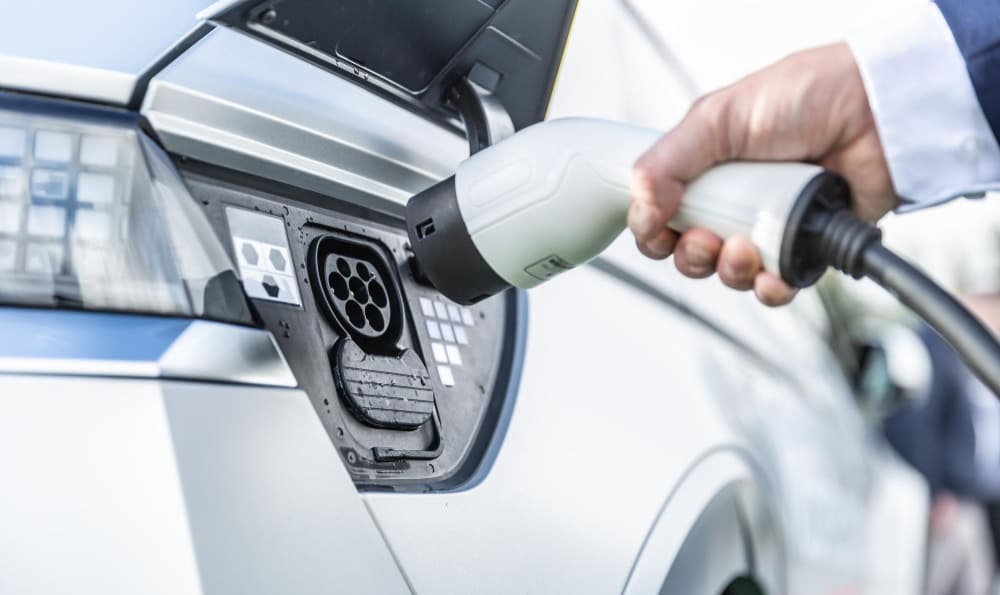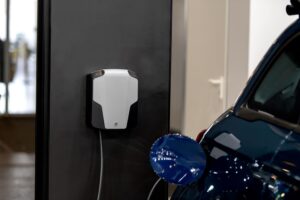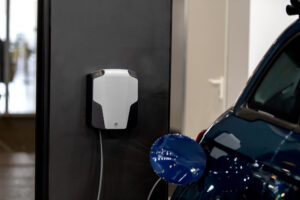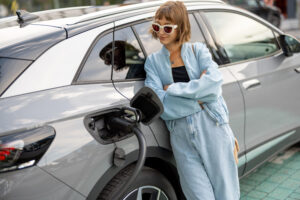Picture a world where bustling city streets are filled with silent, emission-free vehicles gliding effortlessly from point A to B. This vision is not just a dream; it’s becoming a reality as more and more individuals start using EVs. And at the forefront of this revolution is the electric vehicle plug.
Ahead, we will delve into the fascinating world of electric vehicle plug types on the market now and what unique features each type offers for drivers. Keep reading to learn more!
Types of Electric Vehicle Plugs
Are you curious about the different types of electric vehicle plugs available today? Check out our explanation below!
Type 1 (J1772) connector
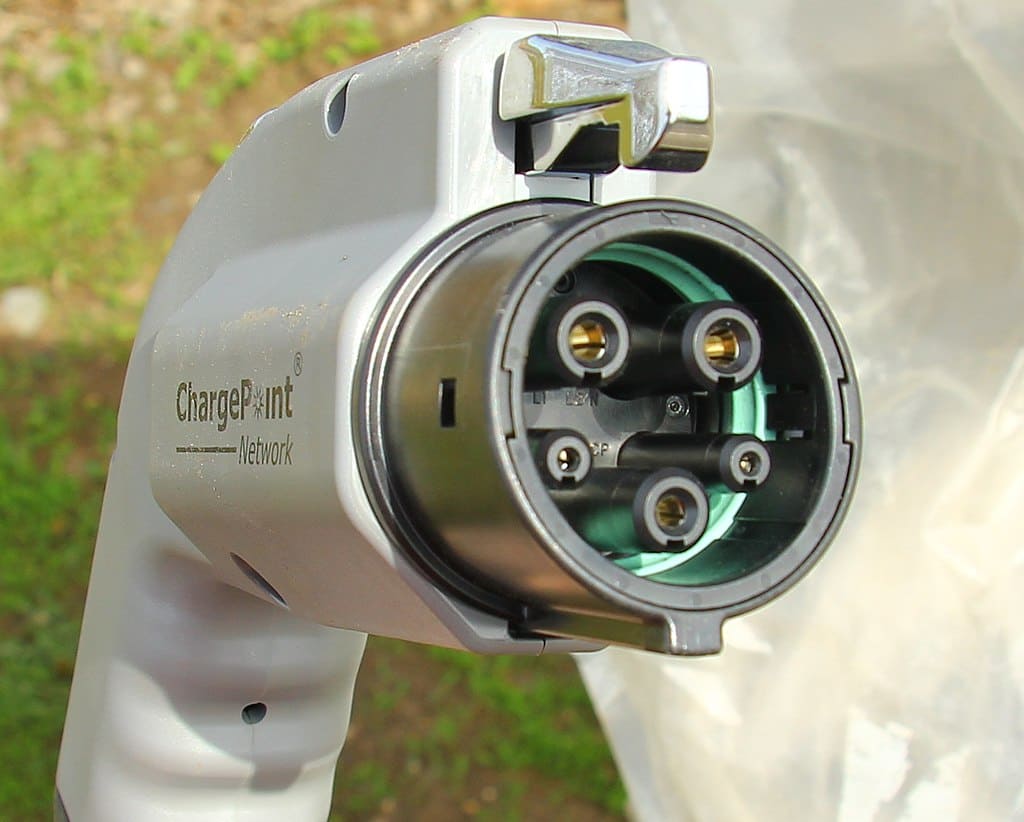
The type 1 (J1772) connector, also known as the J-plug connector, is a standardized electric vehicle plug used to connect them to charging stations. It is widely used in North America and some other regions. However, it’s less common in Australia.
This electric vehicle plug is typically used on Nissan, Toyota, Mitsubishi, and some BMW vehicles. Some electric cars examples are Mitsubishi Outlander PHEV, Nissan Leaf 2012-2017, and Toyota Prius.
It has a rectangular-shaped design with five metal pins for power, ground, and communication. The connector has a locking mechanism for secure charging.
While it is compatible with Level 1 (110-120V AC) and Level 2 (240V AC) charging, generally with a maximum of 19.2kW outputs, it doesn’t support DC fast charging.
Type 2 (Mennekes) connector
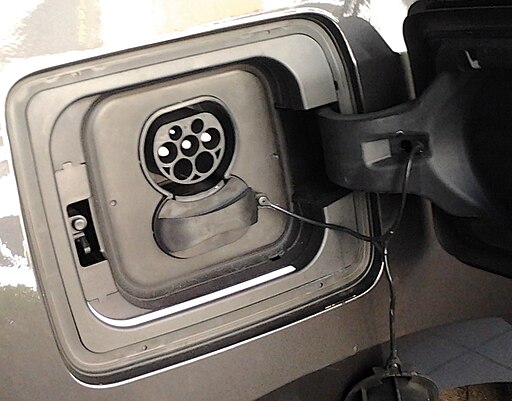
Unlike the type 1 connector, the type 2 (Mennekes) connector is a more common electric vehicle plug used by EV manufacturers in Europe and other regions, such as Australia.
It has a round-shaped design with seven pins for power and communication. The connector supports three-phase charging, enabling faster charging. Plus, it includes a locking mechanism for secure connections during charging.
It is more common than type 1 because it is compatible with Level 1 and Level 2 AC charging with a maximum power of 43 kW. Also, it supports DC fast charging for quicker charging times.
Some examples of EVs using this plus are Nissan Leaf 2018, Range Rover, Mercedes Benz EQC, BMW i3, and Tesla.
CHAdeMO connector
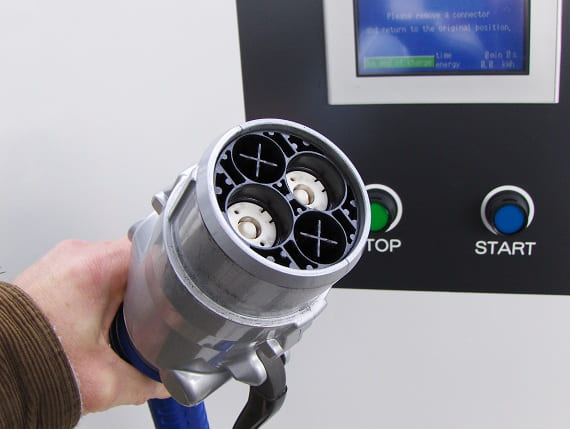
CHAdeMO, or Charge de Move, is a notable level 3 DC port standard predominantly used in Japanese-manufactured electric vehicles (EVs) and plug-in hybrid electric vehicles (PHEVs).
Prominent examples of vehicles equipped with CHAdeMO ports include the Nissan Leaf, Lexus UX300e, and Mitsubishi Eclipse Cross PHEV.
It has a round plug design with multiple large pins for high DC power electricity with a maximum output power of 400 kW. This allows for faster charging compared to standard AC charging. However, it faces competition from other fast-charging standards like CCS.
Tesla connector
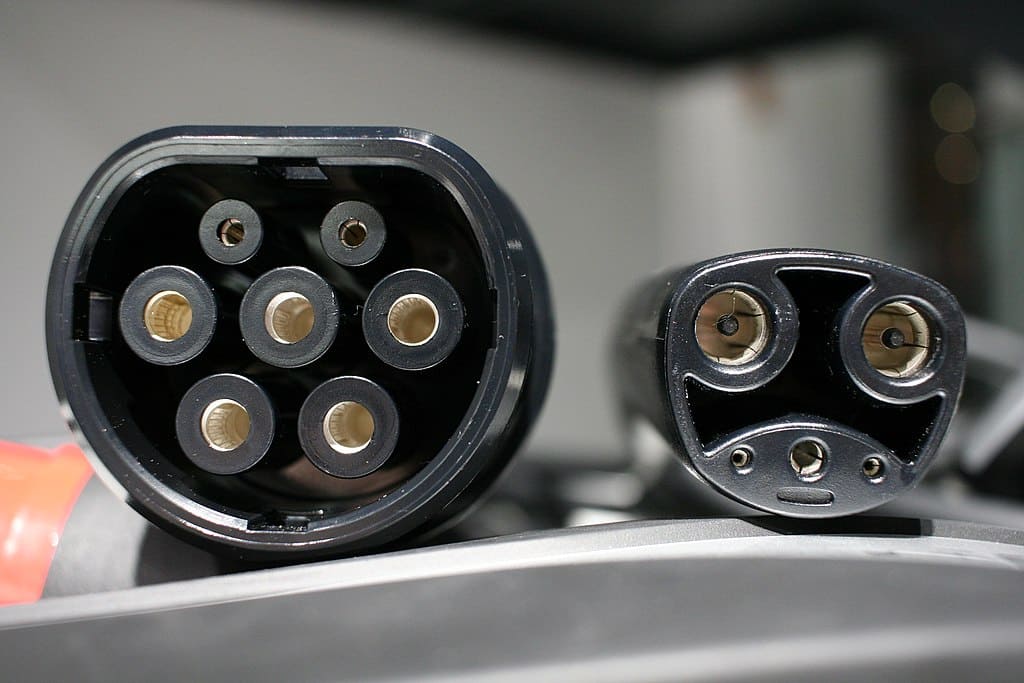
Another option for level 3 DC rapid charging is the proprietary Tesla connector, also known as the Tesla Supercharger connector.
It allows for fast DC charging at Tesla Superchargers stations, providing high charging speeds ranging from 72 kW to over 250 kW.
The main limitation is its exclusivity to Tesla vehicles, as it doesn’t deliver the same features to other non-Tesla EVs. For instance, the charging speeds are slower and don’t run as smoothly as Tesla vehicles. Plus, the price per kWh is relatively higher than other EV plugs.
Wireless charging
Don’t want the hassle of wired charging while charging your EV? Similar to phone wireless charging, EVs also have designated wireless charging.
It employs inductive charging technology and uses magnetic fields for energy transfer from a charging pad on the ground to a receiver on the EV. This charger can provide rates of 3.7 – 11 kW.
Proper alignment between the charging pad and the receiving coil in the EV is crucial for efficient charging. Some wireless charging systems use automated alignment or visual cues to ensure the correct positioning, while others might require manual alignment.
This method is convenient and user-friendly but is not as widely available as traditional plug-in charging. Currently, the BMW 530e hybrid sedan is the only EV sold in America with wireless charging options.
Spare cables, converters, and other sockets
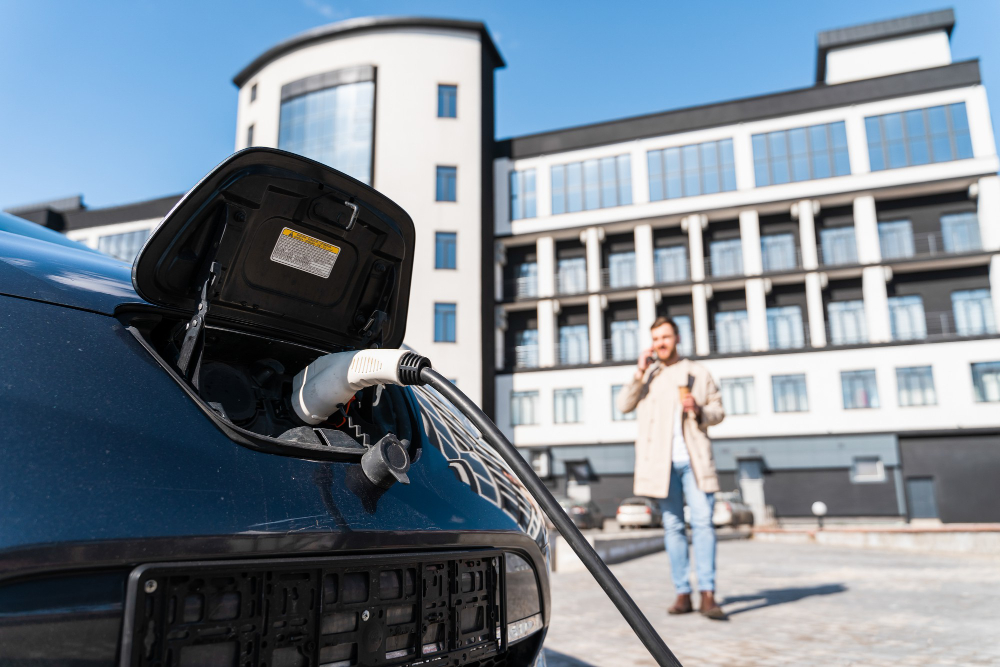
To charge EVs in different situations, you can use spare cables, converters, or other sockets.
Spare cables allow you to connect to various charging stations with different plug types. Meanwhile, converters bridge the gap between different electric vehicle plug standards in public EV charging stations.
However, dedicated EV charging stations remain the most efficient option for faster charging, especially on long trips. These alternatives only apply to those charging stations with the bring-your-own-charging cable type.
Frequently Asked Questions
What is an EV charging plug?
An EV charging plug is a connector used to charge an electric vehicle, transferring electrical energy from a charging station to the vehicle’s battery for recharging.
Do all EVs use the same plug?
No, not all EVs use the same plug. Different plug types exist based on region and standards, leading to compatibility variations between EVs and charging stations.
Can you charge an EV from a normal plug?
Yes, you can charge an EV from a normal household plug using Level 1 charging, but it is slower than using dedicated EV charging stations.
Conclusion
In conclusion, there are various EV plug types available on the market today, from Type 1 (J1772) connectors to wireless charging.
While the diversity of plug types can create challenges for compatibility, efforts to standardize EV charging plugs are ongoing to enhance interoperability and convenience for EV owners.
If you’re interested in joining the EV community and learning more about EV chargers, it’s time to switch to an electric car. Contact us at Kilowatt Cars now to get recommendations for second-hand electric vehicles for sale in Wooragee or second-hand electric vehicles for sale in Leneva.

